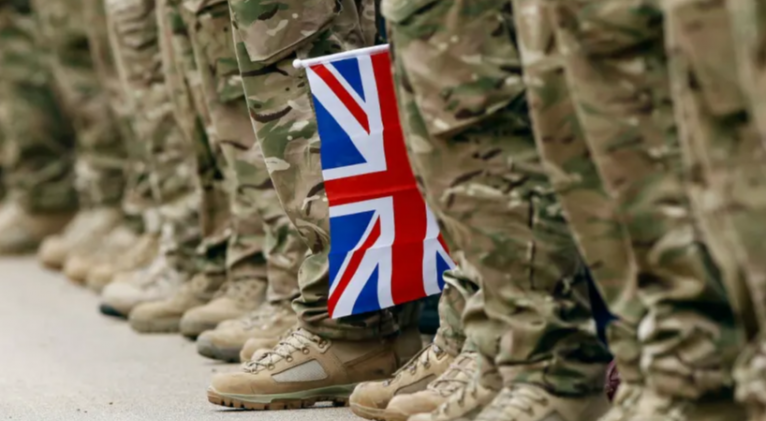UK prepares to call in army as crippling strikes loom
especiales

London, December 9 (RHC)-- The government of the United Kingdom says it is preparing to enlist the army in an attempt to cover ambulances and border security, days before a wave of crippling strikes by workers over higher wages hits the country. Hundreds of thousands of workers across many sections of the British economy are planning to go on strike later in December and in January. The protest action is planned for every day until Christmas.
On Thursday, British officials said the Border Force agency is currently training 2,000 troops to back up its personnel after passport control officers voted to go on strike. British Interior Minister Suella Braverman warned the public against flying over Christmas. “If they go ahead with those strikes there will be undeniable, serious disruption caused to many thousands of people who have holiday plans.”
According to Downing Street, the Ministry of Defense is also in talks with the National Health Service after ambulance drivers voted to join nurses in the walkout this month. In a statement on Tuesday, the GMB, a general trade union in the UK that says has more than 500,000 members, announced that more than 10,000 ambulance workers across England and Wales would strike later this month over pay and working conditions. It said GMB members, including paramedics, emergency care assistants, and call handlers would go on strike at nine regional ambulance services on December 21 and 28.
The passport control staff and ambulance drivers have joined many sectors who have opted for strike action this year as decades-high inflation strips the value of earnings. “These sorts of rolling strikes will cause disruption for everyone,” Prime Minister Rishi Sunak's spokesman told reporters, reiterating the government's opposition to inflation-busting pay deals. “And that does also include our military personnel who will be required, unfortunately, to have to step in and backfill some of these vital roles that we need to help keep the country moving.”
A day earlier, Sunak hinted that his cabinet was working on new legislation to ban strikes in critical sectors. Britain's police, military and prison guards are the only sectors that are currently prevented by law from walking out. “What we're looking at is, are there other areas that we should include in that? Health would be one to look at and other areas of critical infrastructure,” said Education Secretary Gillian Keegan on Thursday. Keegan said the government has yet to look at outlawing protest by teachers, who have gone on strike in Scotland and are being balloted in England and Wales.
On Monday, the UK's National Union of Rail, Maritime and Transport Workers, known as the RMT, rejected a pay raise offer by the Rail Delivery Group (RDG) aimed at preventing strikes over the Christmas period. “The RDG is offering 4% in 2022 and 2023 which is conditional on RMT members accepting vast changes to working practices, huge job losses, driver only operated (DOO) trains on all companies and the closure of all ticket offices,” said Mick Lynch, the RMT general secretary.
The RDG had earlier promised to support pay increases of up to eight percent, covering 2022 and 2023 pay awards, while delivering much-needed reforms. “Rail workers and the industry have been put in an impossible position by the Tory government,” said Frank Ward, interim general secretary at transport union TSSA, on Thursday. “Christmas chaos and disruption across our railways are now unfortunately guaranteed, and come gift wrapped from Rishi Sunak and his anti-worker Conservative government's agenda.”
British inflation stands above 11 percent, the highest level in more than four decades. “I don't think those going on strike want strikes and disruption,” said Keir Starmer, the leader of Britain's main opposition Labour party, on Thursday. “They are facing a very real cost-of-living crisis, they are struggling to pay their bills.”
According to an estimate by the Financial Times, more than one million working days will be lost to strikes in December.














Add new comment